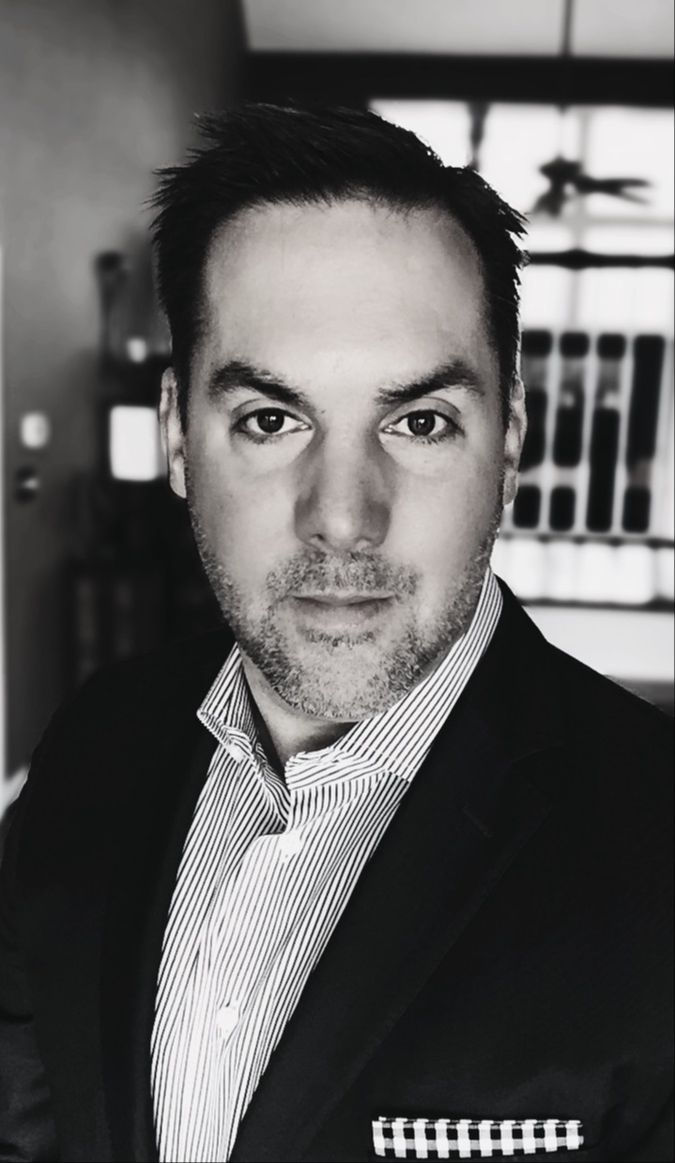The Myth of “Being the Strong One” - What Happens When the Person Everyone Leans On Finally Breaks
Jul 06, 2025
Breaking Free from the Shackles of Strength
Welcome to The Unstressed Exec blog, where I explore the hidden emotional tolls we often bear in silence. As your guide, I'm Dr. George Vergolias, your executive and resilience coach and forensic psychologist. I'm honored to have walked alongside countless high performers who carry tremendous emotional loads. Today, we're delving into the fabric of strength and independence and what happens when the strong ones in our lives finally break.
The Illusion of Superhuman Strength
If you're the one others lean on—the fixer, the rock, the person holding everything together—you undoubtedly understand the pressure this role entails. You might even find yourself in a cycle of psychological strain, where your self-worth becomes entangled with being constantly dependable. But here's the uncomfortable truth: nobody is truly superhuman. The expectation of unwavering strength leading to eventual burnout is all too real. This isn't just about avoiding a crash but understanding the way we navigate strength and resilience.
Understanding the Strong One Archetype
To break free, we must first acknowledge the strong one archetype. This isn’t merely someone adept at handling stress—it’s the person responsible for everyone else’s emotional survival. Whether it’s an eldest sibling forced to grow up too soon or a stoic executive who never shows weakness, cultural and personal expectations create a trap of emotional invisibility. You become so competent that no one notices you're struggling.
The Hidden Emotional Toll
People in caregiving or leadership roles often suppress their needs, leading to a dangerous cycle of emotional invisibility. When you're constantly seen as capable, others may stop considering your needs, which can lead to a significant emotional toll. This might manifest as suppressed emotional needs, chronic burnout, bitterness, resentment, and even a loss of identity. Over time, these can result in emotional collapse—a deep sense of isolation that is rarely voiced, particularly by men.
Shedding Cultural Myths of Strength
Our cultural narratives often equate strength with silence and self-sacrifice—a notion reinforced from childhood. For men, it's about not showing vulnerability, while women, especially women of color, are expected to be community pillars. Leaders should appear unshakeable, further entrenching this myth. However, real resilience isn’t about never breaking down. It’s about rising back up when you do.
When the Strong One Breaks
When the strong one breaks, it isn’t always dramatic, but its impact is profound. The delayed trauma of putting out fires while burying emotions eventually takes a toll. Whether it's a panic attack or a crisis of purpose, these breakdowns reveal a suppressed need for change. There’s a poignant quote from actor Jim Carrey (paraphrased quote): "Sadness is your body grieving something, reacting to the loss of something or someone in your life. Depression is your soul grabbing you by the shoulders and telling you, ‘I don’t want to play this character anymore.’"
Reclaiming Shared Strength
Strength doesn’t mean carrying everything alone—it’s the courage to express need. Here’s how to start redefining strength:
- Identify Support Gaps: Who checks on you genuinely? Build a network of support.
- Practice Micro-Receiving: Let people care for you in small ways. It’s a practice that eases your nervous system into receiving help.
- Share Reciprocally: Engage in conversations that go both ways—share your struggles and listen to those of others.
- Create a Care Map: Develop rituals connecting you with those who affirm and support your needs.
In Sum
Being strong doesn’t mean avoiding vulnerability; it means acknowledging it and seeking support. The bravest act is sometimes simply asking for help. This week, try it—ask for help, no matter how small. It will be a step toward practicing micro-receiving and building genuine resilience.
If this topic resonates, subscribe, leave a review, and share it with someone who could benefit.
Remember, insight without action changes nothing. To translate awareness into movement and stress into strategy, consider coaching as a catalyst for change. Reach out to set up a free consultation. Let’s start creating real momentum together.
Until next time, remember that growth is a process, and as always, Shift Happens.

Note: If you’re interested in podcast episodes that delve deeper into psychological resilience, men's mental health, growth mindset and cultivating your dream life, check out the Unstressed Exec Podcast.
👉 https://theunstressedexec.podbean.com/
Stay connected with insights and updates!
Join our mailing list to receive the latest news and updates from our team.
Don't worry, your information will not be shared.
We hate SPAM. We will never sell your information, for any reason.


